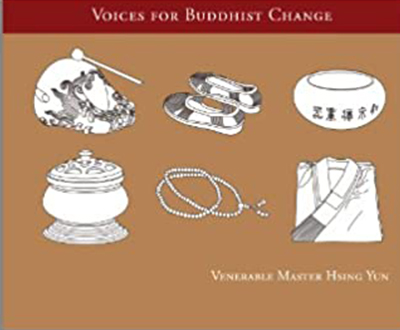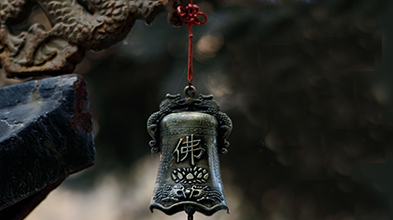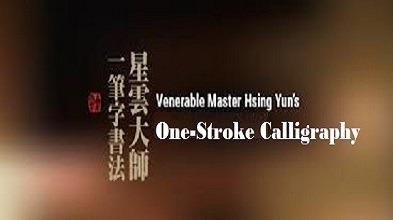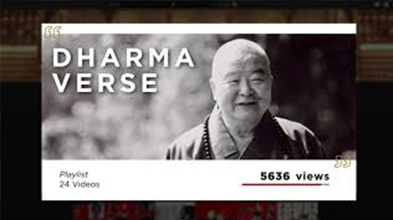Wisdom from Chinese Literary and Buddhist Classics
365 Days for Travelers
10/31: FAMILY INSTRUCTIONS OF MASTER YAN
Yan Zhitui (531 - 591, Northern Qi Dynasty)English translation: Hsin-Yu Huang
BEING SELF-SUFFICIENT (EXCERPT)
It is said in the Book of Rites that, “Desires cannot be indulged and pride cannot be fulfilled.” The universe may reach its limit, but human nature cannot be exhausted. Only by being content and having fewer desires can we set a limit.
Our ancestor, Marquis Jing of Jin, once admonished his nieces, “Your family is that of scholars and have never been rich or honored for generations. From this day on, as officials, your salary should not exceed 2,000 dan*. For marriages, do not seek for families with power.” I have followed his words all my life, and regarded it as my motto.
ENCOURAGEMENTS ON STUDIES (EXCERPT)
There is no objective to learning than to benefit from it. I have seen some people who have become so arrogant after reading a dozen of books that they insult and ignore their elders as well as take their colleagues lightly.
Others despise them like enemies and vicious birds. As a result, they harm themselves with learning, and it would have been better if they had not learned at all.
In ancient times, people learned for themselves, their goal was to make up for their shortcomings. People today learn for the sake of others, and can only talk the talk, while learners in ancient times learned for the sake of others, putting theories into practice in order to benefit the world. On the other hand, people today learn for their own sake in that they take advanced studies in hopes of getting promotions and salaries.
Learning is just like planting trees. In spring, one appreciates the flowers, and in autumn, one reaps the fruits; lectures and discussions are just like spring flowers, while practice and action are like autumn fruits.
── from Yan Shi Jiaxun
(Family Instructions of Mister Yan)
* A measurement of weight where one dan equals approximately 31
kilograms.
What's New?
OCTOBER

Humble Table, Wise Fare
INSPIRATION
Recorded by Leann Moore
Life with suffering and happiness is full
life with success and failure
is reasonable;
life with gain and loss is fair
life with birth and death is natural.

Dharma Instruments
Venerable Master Hsing Yun grants voices to the objects of daily monastic life to tell their stories in this collection of first-person narratives.

Sutras Chanting
The Medicine Buddha SutraMedicine Buddha, the Buddha of healing in Chinese Buddhism, is believed to cure all suffering (both physical and mental) of sentient beings. The Medicine Buddha Sutra is commonly chanted and recited in Buddhist monasteries, and the Medicine Buddha’s twelve great vows are widely praised.

Newsletter
What is happening at Hsingyun.org this month? Send us your email, and we will make sure you never miss a thing!





